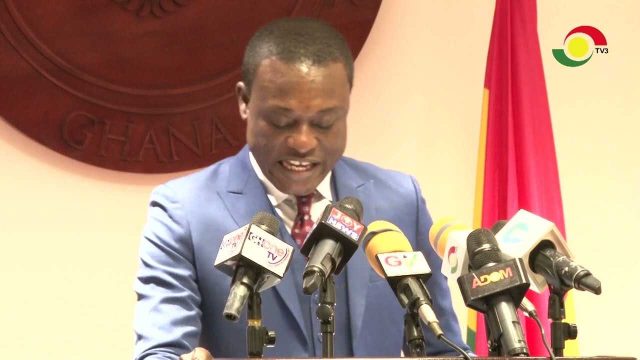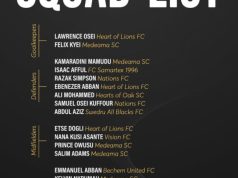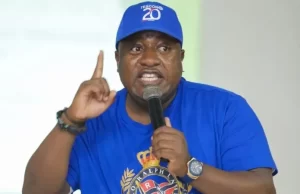After carefully reading the OSP Airbus SE report and reviewing international best practices, the investigations by US and UK authorities into the Airbus bribery scandal primarily focused on the actions of Airbus SE, leading to fines against the company.
However, these investigations did not directly question the individuals involved in the Ghanaian transactions. In contrast, the OSP’s investigation takes a more comprehensive approach, seeking to understand the full context of the payments made to individuals, including former President John Mahama’s brother.
It’s crucial to recognize that the credibility of investigative bodies shouldn’t be pitted against each other. The OSP, like its UK and US counterparts, is a professional entity dedicated to uncovering the truth. However, the scope and methodology of these investigations differed significantly.
The UK and US investigations primarily focused on Airbus’s perspective and actions. They didn’t directly question the individuals implicated in Ghana. In contrast, the OSP conducted a more comprehensive investigation, tracking down and interviewing the key figures involved, including former President John Mahama and his brother, Samuel Adam Foster.
This broader approach allowed the OSP to gather firsthand accounts and evidence that weren’t available to the foreign authorities. It’s important to note that concluding bribery based solely on one party’s testimony (in this case, Airbus) could be considered incomplete.
Regarding the payments made to Foster, the OSP’s investigation revealed that these were part of a standard agency agreement between Airbus and and its agents, referred to as “Business Partners.” Such arrangements typically involved a 5% commission based on the cost of the aircraft sold. Given that the aircraft in question were high-value military transport planes, the substantial amount paid to Foster represented this 5% commission on the total cost of both planes.
Mr. Adam Mahama was promised 5 million Euros as commission for the successful procurement of the aircrafts. Consequently, payments totaling 3.8 million Euros, equivalent to about GHc 10 million cedis were received by Mr. Adam Mahama (in the said year).
This context is crucial in understanding why the OSP categorized these payments as commissions rather than bribes. In the world of international business, such commission structures for agents or intermediaries are not uncommon, especially for high-value products like aircraft.
Moreover, the OSP found no evidence that these payments were intended as or used for bribes to President John Mahama. The investigation couldn’t establish a link between the commissions paid to Foster and any improper influence on the aircraft procurement process.
It’s worth noting that the OSP’s findings do not necessarily contradict those of the UK and US authorities. Rather, they provide additional context and a more complete picture of the situation from multiple perspectives.
The OSP’s investigation and findings demonstrate the importance of thorough, localised investigations in complex international cases. The OSP’s approach underlines the value of having strong, independent investigative bodies in Ghana, capable of conducting comprehensive inquiries into matters of national importance.
By Kweku Yankson

















